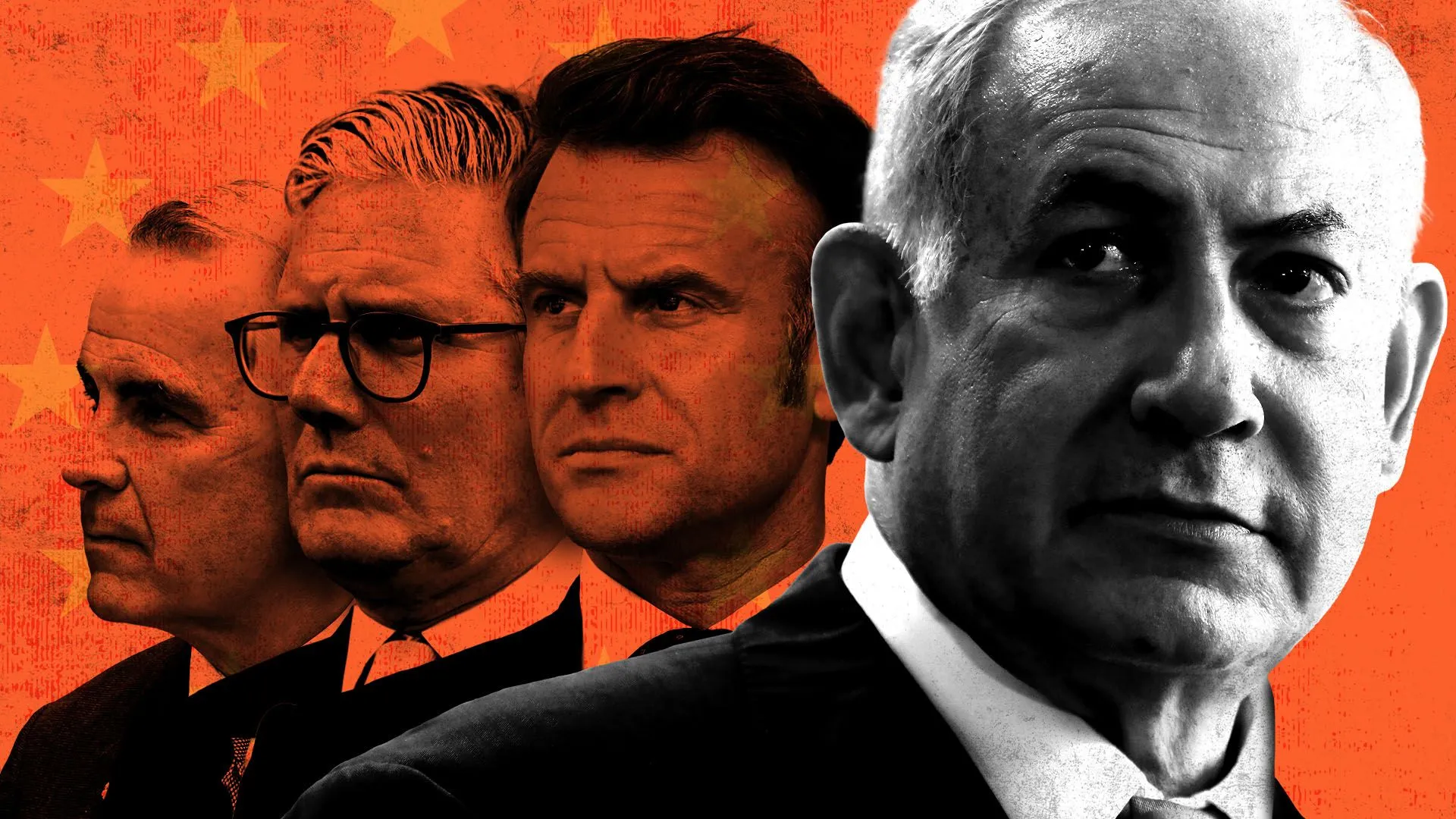Tensions between the United States and the European Union are escalating after former President Donald Trump renewed his pledge to impose harsh new tariffs on European goods if elected again in 2024. In response, the EU has issued a sharp warning: “Don’t trade threats with us.”
Trump, campaigning on a platform of economic nationalism, has vowed to implement a 10% universal tariff on all imports and a 50% tariff on EU-made vehicles, including luxury brands like BMW and Mercedes-Benz. He has also threatened to impose a 25% levy on Apple products assembled in Europe, accusing the tech giant of “shifting American jobs abroad.”
The European Union swiftly condemned the proposed measures. European Commission President Ursula von der Leyen said in a statement, “Europe does not respond to threats. We stand ready to protect our economic interests and our industries with appropriate countermeasures.”
Trump’s latest rhetoric signals a return to his hardline trade policies during his first term, which included a bitter trade war with China and multiple tariff battles with both adversaries and allies. The new threats come amid already strained transatlantic relations over climate policy, defense spending, and digital regulation.
During a campaign rally in Michigan, Trump declared, “The globalists sold you out. I’m bringing American jobs home—and those who punish us with tariffs will be punished right back.”
Economists have warned that such sweeping tariffs could trigger a renewed trade war and drive up consumer prices, particularly on vehicles, electronics, and household goods. European officials are reportedly preparing contingency plans that could include retaliatory tariffs on U.S. agricultural exports, aircraft, and tech services.
Trump’s economic adviser Stephen Moore defended the tariff proposals, arguing they would protect domestic industries and help reduce the trade deficit. “It’s about economic security and American sovereignty,” Moore said.
Meanwhile, U.S. allies within the EU have expressed concern that Trump’s return to protectionism could undermine broader cooperation on global challenges such as the war in Ukraine, supply chain stability, and climate action. French Finance Minister Bruno Le Maire cautioned that “protectionism will isolate the U.S. and hurt its own economy.”
Trump’s proposed tariffs are also drawing mixed reactions in Washington. While some Republicans have backed the plan as a show of strength against foreign competitors, others worry it could backfire. “We should be opening markets, not closing them,” said Senator Mitt Romney.
The Biden administration has not officially responded to Trump’s remarks but is monitoring the situation. Commerce Secretary Gina Raimondo stated recently that the U.S. remains committed to “fair trade practices” and “stable economic partnerships.”
With the 2024 election approaching, Trump’s aggressive economic message is resonating with parts of the electorate frustrated by inflation, job outsourcing, and international trade deals. However, the risks of igniting a new trade war may test diplomatic patience across both sides of the Atlantic.
As one EU diplomat put it bluntly: “We’ve been here before—and we’re ready again if we must.”
Source: Yahoo News



